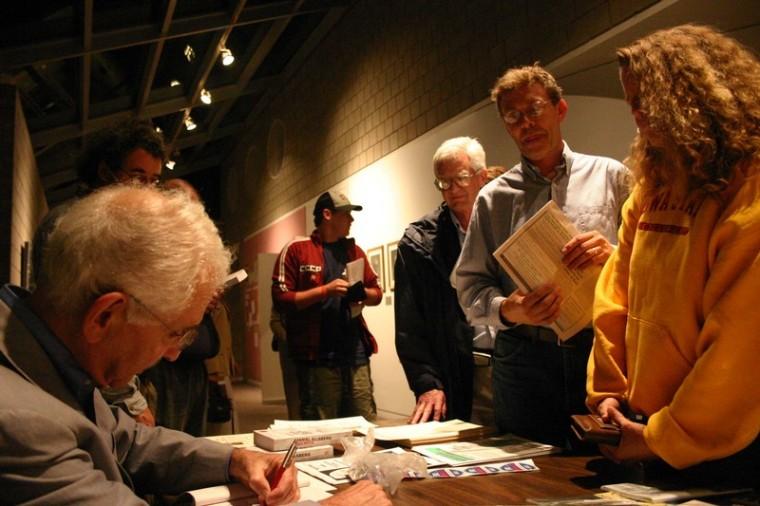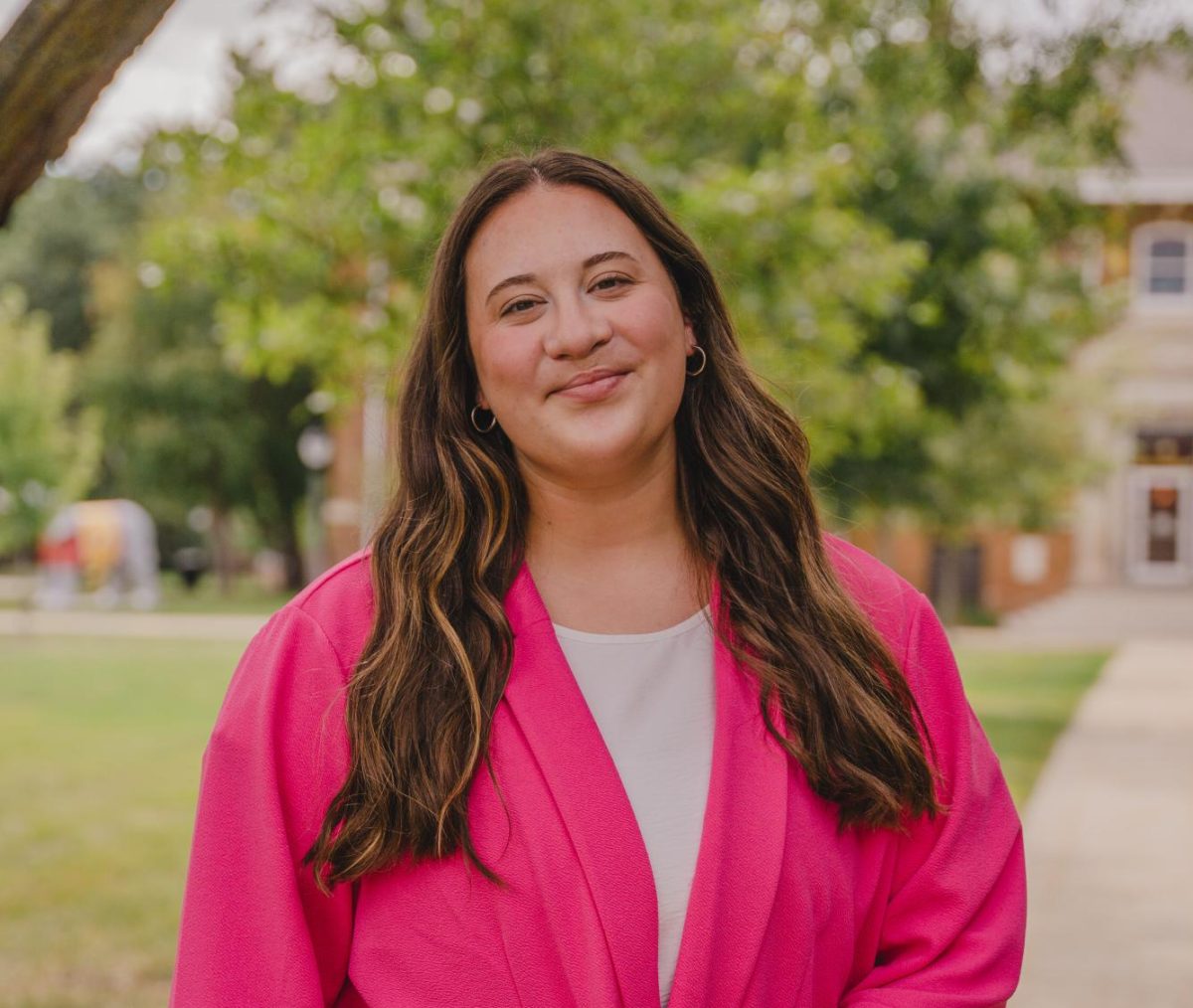Speaker tells truths about Iraq and Vietnam
September 14, 2005
Daniel Ellsberg hopes his speech will drive students to action – drastic action.
“I hope that it will ruin distinguished careers [when] at some point in their lives they realize they can do more for their country by telling the truth – at the cost of their career – than by pursuing that career,” Ellsberg said. “And that’s a very unusual suggestion for them to hear and really, it will cause them a lot of trouble. I don’t want to hide that.”
But, if students don’t get the opportunity to choose honesty over their careers, he’d like them to do something else.
“It’s time to start pointing fingers at Republicans and saying, ‘Have you no shame?'” Ellsberg said.
Ellsberg, the leak who distributed to newspapers the 7,000-page Pentagon Papers in 1969, gave a speech Tuesday titled “Telling the Truth about Iraq and Vietnam.” Ellsberg delivered the speech to a packed crowd – not even standing room only – in Lekberg Hall. He spent most of his 70-minute speech outlining how the wars in Vietnam and Iraq are similar.
“I think that a truth that has not come through to the public – a truth in the sense of a projection, I can’t prove that it’s true, but I believe that like Vietnam, there is the prospect for a very long war,” Ellsberg said. “Moreover, it’s an unwinnable war.”
The war in Iraq cannot be won because of the natural human social instinct to resist occupation, Ellsberg said.
“The reason that it is unwinnable is the same reason as in Vietnam and that is it’s clear that the people of that country are willing to kill and die indefinitely to resist foreign occupiers,” he said. “It’s very hard for us to imagine ourselves as being seen as foreign occupiers, but that’s who we are in Iraq. That’s the way it was in Vietnam and that’s the way it is in Iraq.”
As in Vietnam, Ellsberg said the American presence in Iraq is a “wrongful occupation.”
“We should not be exerting governmental powers in Iraq and we should not be killing people in Iraq,” he said.
But, Ellsberg did more than just talk about the problem: he offered a solution college students could be a part of.
“We’re not looking at something that is going to go away without our effort,” he said. “We can’t wait for the president to get us out of there without pressure. I think only public pressure has a chance – and it’s not even a high chance, but it’s a chance – of ending our killing and dying in Iraq.”
Professor of Management Marilyn Mueller said some of the audience may not have been exposed to views like Ellsberg’s before.
“I think that people heard things they don’t ordinarily hear,” Mueller said. “He made everybody think long and hard about where our country is and where our country is going.”
Though his views are controversial, the crowd listened respectfully – something the speaker frequently experiences.
“I have the impression that people who hate the idea of me, or what they’ve heard of me, don’t tend to come,” Ellsberg said. “I don’t really get confronted that much.”
And as far as his original goal is concerned, Ellsberg seems to have accomplished it.
“It reaffirmed for me that I have to do what my heart says,” sophomore Scott Musxfeldt said. “He really showed that as long as you do the right thing you’ll be OK.”
Mueller agreed.
“The effects of this speech will come out in time, surely,” she said.





